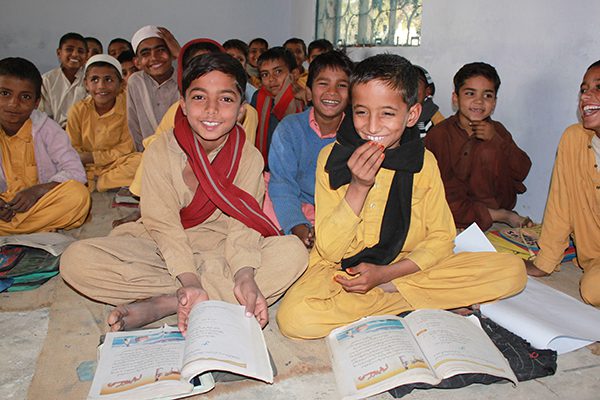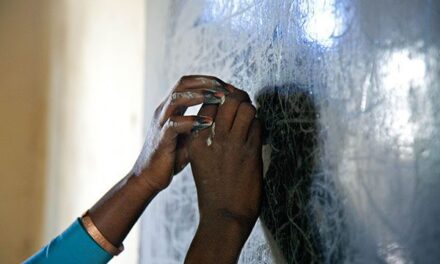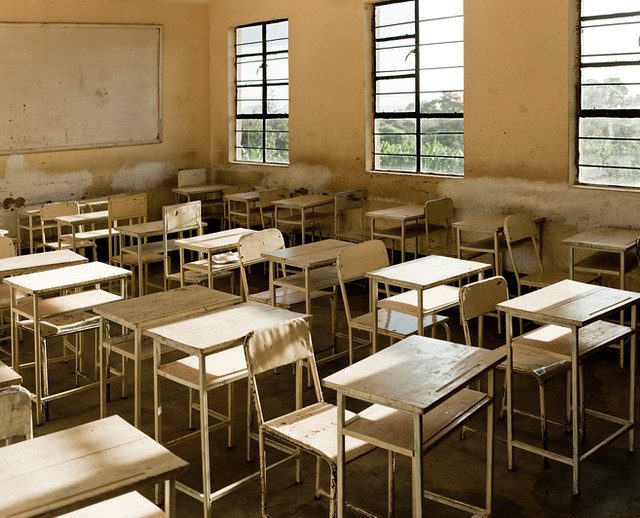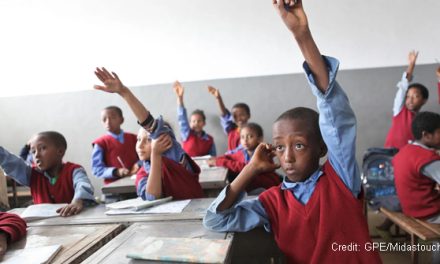 Interview with Paul Vare, co-convenor for sub-theme on Beyond Literacy and Numeracy: Rethinking the Curriculum
Interview with Paul Vare, co-convenor for sub-theme on Beyond Literacy and Numeracy: Rethinking the Curriculum
What excites you about this theme?
The sub-theme uses the term ‘rethinking’ – that always whets my appetite, particularly when we have the opportunity to cast our net globally for examples of how to do things differently. Virtually my entire career has been spent in the field of environmental and sustainability education in formal and community settings. Perhaps it shouldn’t be surprising that in terms of rethinking the curriculum, some of the most adventurous examples I’ve encountered have been in places where access to formal education has not been straightforward.
Are there any key facts we should think about for this theme?
Maybe not a ‘fact’ as such but one thing I’d like us to bear in mind is how to achieve a balance (if indeed we should) between the need for education to be contextual, relevant and inter-disciplinary, reflecting the lived world of the learners, with the need to acquire subject knowledge in a range of disciplines. Despite the holistic view required for complex issues related to sustainability, curriculum subjects can be seen as critical in providing learners with ‘powerful knowledge’ that is not readily accessed outside of formal education.
How does this link to the overall 2017 conference theme?
Questions of what is to be taught are clearly central to any discussion on education for sustainable development. It may be that the new SDGs could provide a framework for re-moulding the curriculum. It would be a bold step for any nation state to attempt such a move but the theme might bring to mind examples of where traditional curricula have been challenged by immediate priorities, perhaps linked to disaster risk reduction, food security or shifting patterns of economic development.
What kinds of papers/ events would you like to see submitted under your theme?
Whatever makes you comfortable… It would be lovely if people felt ready to dance or paint their story into our consciousness but I’m sure that others would wither at the very idea. Having a thoughtful paper to read would be great – but bring pictures too if possible.
Above all we like a good story, don’t we? Why was this solution necessary? How did we get here? What ideas have been encountered and built upon to reach this conclusion? Given the in-built conservatism of national-level curricula, I fully expect to hear local examples or organisational approaches – there’s generally more room for creativity there. That said, if people are thinking or operating on national or international levels then so much the better. Hopefully it’s clear from this that we are open to stories of good/interesting practice as well as offers that are more conceptual or theoretical in nature.





